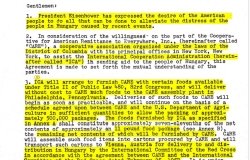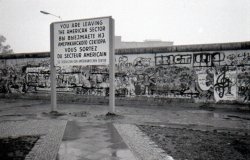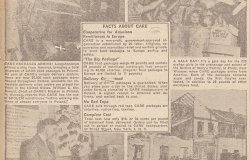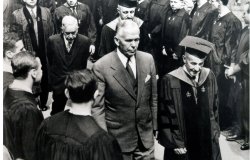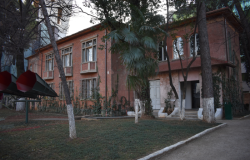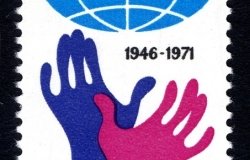A Work in Progress Talk: Brazil and the Cuban Missile Crisis
Featuring: James Hershberg, George Washington UniversityCommentary by: Peter Kornbluh, National Security Archive
Overview
6th Floor Board Room
Woodrow Wilson Center
1300 Pennsylvania Ave, NW
Washington, DC 20004
Though virtually ignored in the historiography, Brazil played an intriguing role in the politics and diplomacy of the Cuban Missile Crisis and in U.S.-Cuban relations during the Kennedy Administration. In the years after Castro's revolution took power in 1959, successive Brazilian governments tried secretly to mediate between Washington and Havana as their mutual confrontation intensified. As newly available U.S., Brazilian, Cuban, and other sources show, this role climaxed during the missile crisis, as JFK clandestinely sought to employ Brazil to transmit a message to Fidel Castro; and Brazil, in turn, which was also promoting a Latin American denuclearization scheme at the United Nations as a possible method to resolve the crisis, sought to broker a formula for U.S.-Cuban reconciliation that would heighten the prestige of its own "independent" policy in the Cold War. Ultimately, these efforts failed, but they shed light on previously hidden aspects of both the missile crisis and the triangular U.S.-Cuban-Brazilian relationship.
About the Speakers
Currently a Public Policy Fellow at the Center, James G. Hershberg is Associate Professor of History and International Affairs at George Washington University and Former Director of the Cold War International History Project. His works include *James B. Conant: Harvard to Hiroshima and the Making of the Nuclear Age* (Alfred A. Knopf, 1993) and numerous publications on cold war, US foreign policy, and nuclear history. He is working on manuscripts dealing with new evidence, particularly from communist sources, on the international diplomacy of the Cuban Missile Crisis and the Vietnam War.
Peter Kornbluh, Senior Analyst, has worked at the National Security Archive since 1986. He currently directs the Archive's Cuba and Chile Documentation Projects. He was co-director of the Iran-contra documentation project and director of the Archive's project on U.S. policy toward Nicaragua. From 1990-1999, he taught at Columbia University, as an adjunct assistant professor of international and public affairs. He is the author/editor/co-editor of a number of Archive books, including The Pinochet File: A Declassified Dossier on Atrocity and Accountability (2003).
Hosted By

Cold War International History Project
The Cold War International History Project supports the full and prompt release of historical materials by governments on all sides of the Cold War. Through an award winning Digital Archive, the Project allows scholars, journalists, students, and the interested public to reassess the Cold War and its many contemporary legacies. It is part of the Wilson Center's History and Public Policy Program. Read more
Thank you for your interest in this event. Please send any feedback or questions to our Events staff.
